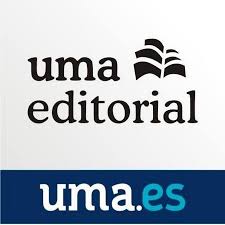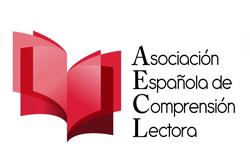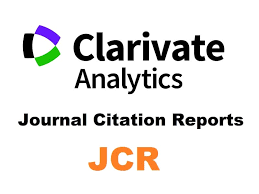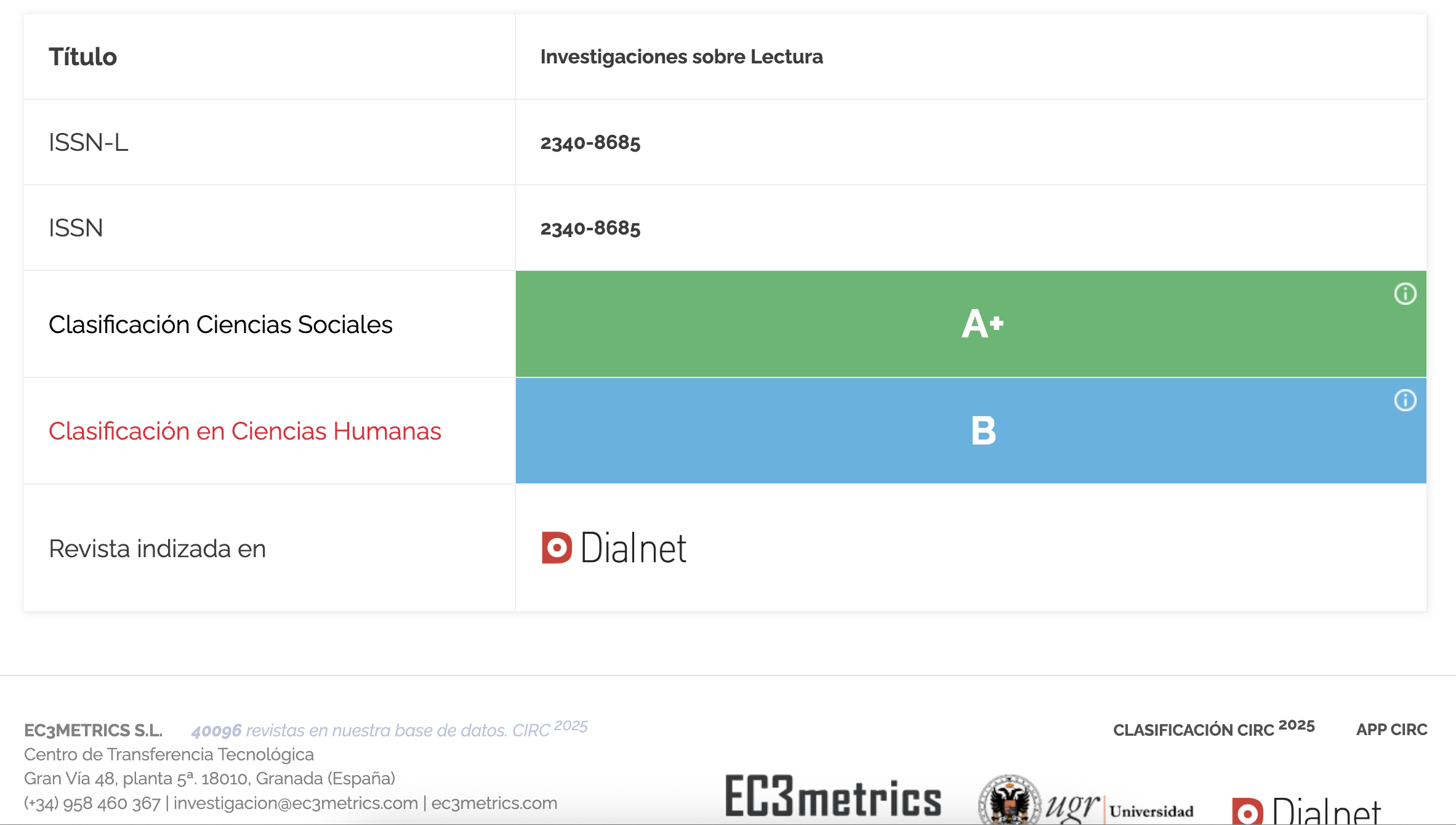How does CLIL affect the acquisition of reading comprehension in the mother tongue? A comparative study in secondary education
DOI:
https://doi.org/10.24310/revistaisl.vi8.10990Resumen
In the last two decades, CLIL (content and language integrated learning) programmes, in which school subjects such as history, geography or mathematics are taught by means of an additional language, have rapidly spread over all the world, since CLIL has been deemed to be an innovative and effective approach for second language learning. Therefore, research on CLIL has precisely focused on the acquisition of the L2, while other aspects, such as the assimilation of the content taught by means of the second language or the impact of CLIL programmes on the mother tongue have received less attention.In this sense, this paper examines how CLIL programmes affect the development of reading comprehension in the mother tongue. To do so, the outcomes in a test of reading comprehension of CLIL (n = 1,119) and non-CLIL students (= 15,984) enrolled in the 2nd year of secondary education (13-14 years-old) were compared. The results indicated that the acquisition of literal reading comprehension and inferential reading comprehension in the mother tongue significantly benefit from CLIL, whereas no significant differences have been detected in critical reading comprehension. The reading skills most benefited by CLIL were global comprehension, lexical comprehension, understanding of space-time relationships, integration of extra-textual information, and identification of extra-textual relations.
These data are explained by the critical importance of reading strategies to succeed in CLIL settings, and by the transfer of these strategies between L1 and L2 and vice versa. This hypothesis is supported by previous research on immersion programmes.
Descargas
Métricas
Publicación Facts
Perfil de revisores N/D
Información adicional autores
Indexado: {$indexList}
-
Indexado en
- Sociedad Académica/Grupo
- N/D
- Editora:
- EduVerso, Universidad de Málaga
Descargas
Publicado
Cómo citar
Número
Sección
Licencia
Todos los contenidos publicados en Investigaciones sobre Lectura están sujetos a la licencia Creative Commons Reconocimento-NoComercia-Compartirigual 4.0 cuyo texto completo puede consultar en <http://creativecommons.org/licenses/by-nc-sa/4.0>
Se pueden copiar, usar, difundir, transmitir y exponer públicamente, siempre que:
- Se cite la autoría y la fuente original de su publicación (revista, editorial y URL de la obra).
- No se usen para fines comerciales.
- Se mencione la existencia y especificaciones de esta licencia de uso.
Los derechos de autor son de dos clases: morales y patrimoniales. Los derechos morales son prerrogativas perpetuas, irrenunciables, intransferibles, inalienables, inembargables e imprescriptibles. De acuerdo con la legislación de derechos de autor, Investigaciones sobre Lectura reconoce y respeta el derecho moral de los/las autores/as, así como la titularidad del derecho patrimonial, el cual será cedido a la Universidad de Málaga para su difusión en acceso abierto. Los derechos patrimoniales, se refieren a los beneficios que se obtienen por el uso o divulgación de las obras. Investigaciones sobre la Lectura se publica en open access y queda autorizada en exclusiva para realizar u autorizar por cualquier medio el uso, distribución, divulgación, reproducción, adaptación, traducción o transformación de la obra.
Es responsabilidad de los/las autores/as obtener los permisos necesarios de las imágenes que están sujetas a derechos de autor.


























30.png)




